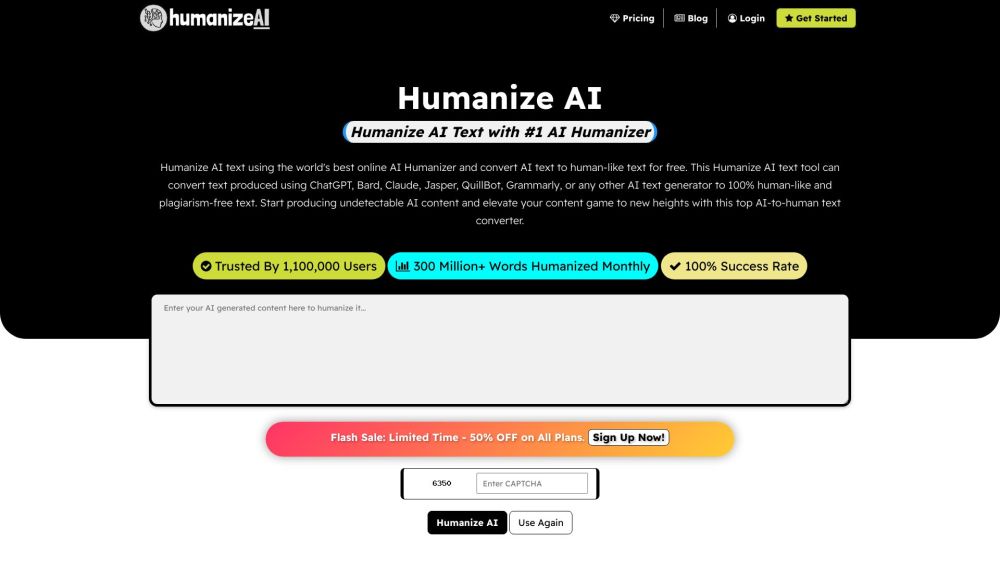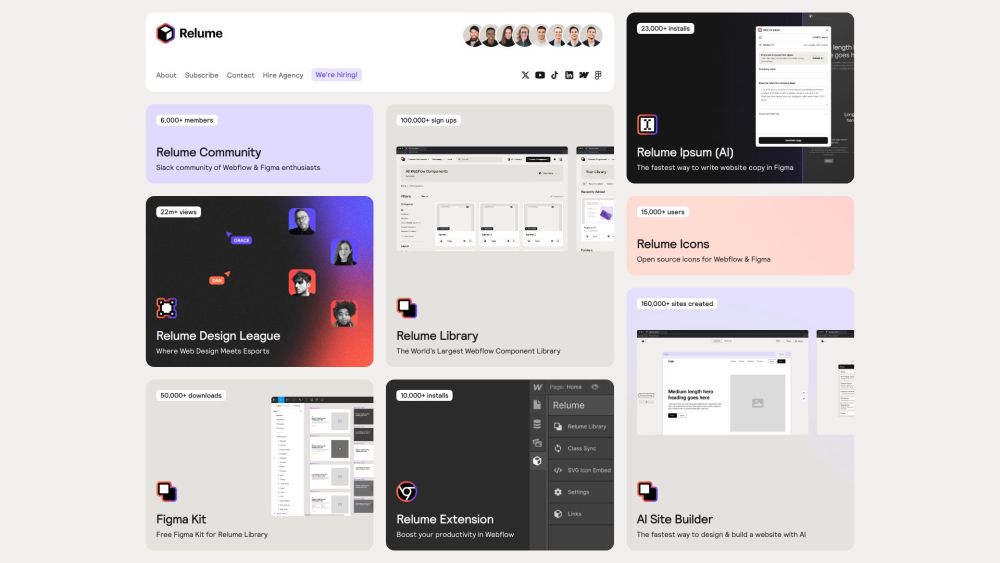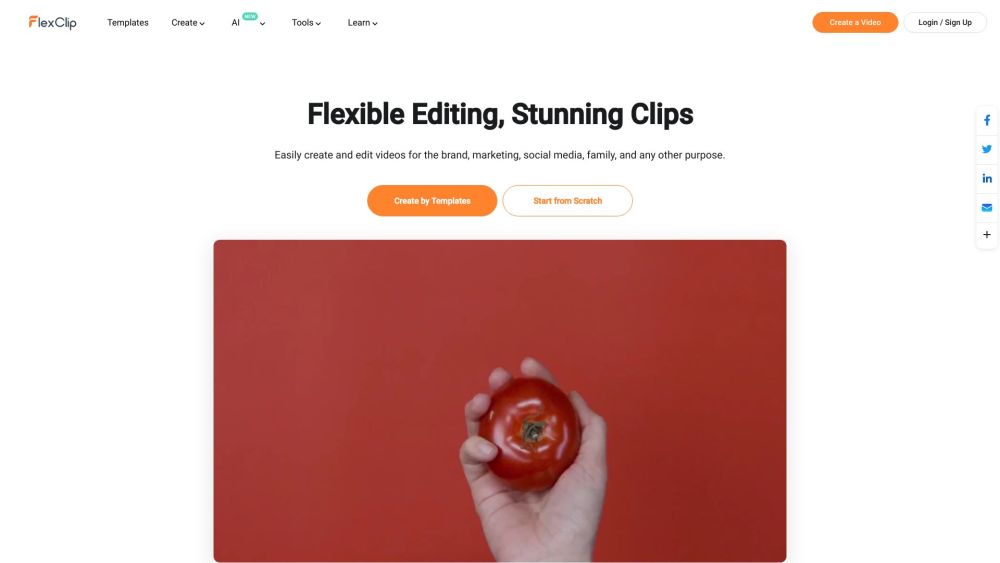Following the unveiling of its Gemini models last week, Google has now extended the capabilities of Gemini to developers with the launch of several new and improved services. Among these is AI Studio, formerly known as MakerSuite.
AI Studio is a web-based platform designed as an entry point into the expansive Gemini ecosystem, starting with Gemini Pro and later introducing Gemini Ultra next year. This tool enables developers to effortlessly create prompts and Gemini-based chatbots, and subsequently obtain API keys for integration into their applications or access source code for more comprehensive development within a fully featured IDE.
A standout feature is the generous free quota, offering up to 60 requests per second. This allows developers to quickly iterate on their ideas without facing significant restrictions, making it suitable for less-intensive applications in production environments.
However, there is a trade-off: developers using the free tier, which is currently the majority as Google intends to introduce a paid version early next year (likely aligned with the GA launch of Gemini Ultra), should be aware that Google’s reviewers can access the input and output data of the API and web application to help “improve product quality.” Google assures that this data is anonymized and disassociated from the user's Google Account and API key.
The updated AI Studio represents a significant enhancement over its predecessor, MakerSuite. It now supports both Gemini Pro and the Gemini Pro Vision model, enabling developers to work with text and imagery—although image creation is not included.
“We’ve designed it to be the quickest way to innovate with Gemini,” stated Josh Woodward, Google’s VP for Google Labs. “This initial version is just the beginning; we’re actively working on fine-tuning it for future updates, aimed at making it accessible for developers to start building right away.”
Within the web interface, developers can select their models, adjust the temperature for creative output, and provide examples for tone and style guidance. There’s also the ability to modify model safety settings. Unlike in MakerSuite, where all guardrails could be disabled, the lowest safety setting in AI Studio now restricts some responses.
AI Studio offers various workflows for creating freeform, structured, and chat prompts. Woodward emphasized that even the free tier is not merely a trial version; developers can publish their AI Studio applications or access them via the API and Google’s SDKs as soon as they meet the usage criteria.
Jeanine Banks, VP and GM of Google’s Developer X teams, emphasized that AI Studio serves as a gateway to Google’s broader AI ecosystem, particularly Vertex AI, which is Google's enterprise-focused generative AI platform.
“Our ‘growing with Google’ initiative allows developers to build, deploy, and utilize applications with a solid free tier. We’re also providing a comprehensive set of SDKs that facilitate app development on Gemini Pro across multiple platforms, including back-end support for Node.js and Python, mobile support for Java, Kotlin, and Swift, and web applications using JavaScript,” she elaborated.
The aim is to create a seamless transition from AI Studio to Vertex. Woodward noted that the extensive SDK support was directly influenced by user feedback: “Developers loved how easy it was to prompt, but they wanted to dive deeper into coding, so we needed to bridge that gap.”
Looking ahead, Banks shared that Google plans to integrate Gemini into Chrome Dev Tools and Google’s Firebase mobile development platform early next year.
Given the rapid evolution of generative AI, predicting specific developer needs is challenging, but both Banks and Woodward highlighted their commitment to ensuring AI Studio remains an accessible starting point for developers with varying expertise.
“I envision AI Studio to be more than just a prompting tool for developers; it should be a creative resource that inspires innovative ideas and harnesses the capabilities of new models over the next year,” Woodward expressed.







